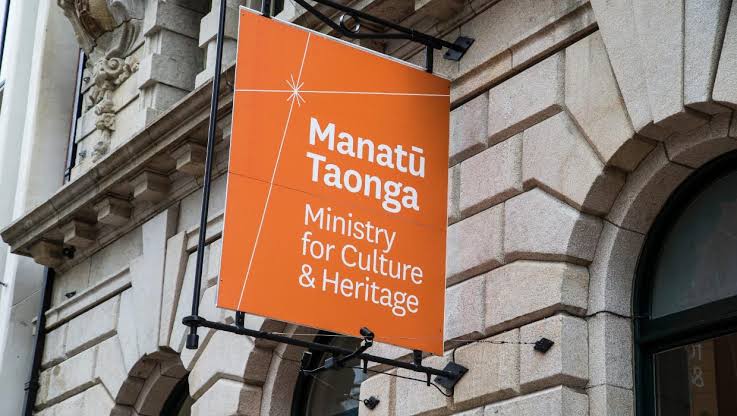The War on History
News that the Ministry for Culture and Heritage is to press ahead with sweeping cuts that will abolish the jobs of most of its historians represents yet another government attack on historical awareness and understanding in our country. As former Chief Historian Jock Phillips noted when the proposed cuts were first announced in June, MCH maintains a number of websites that are ‘absolutely central’ to educating New Zealanders about their history. They include Te Ara, incorporating the Dictionary of New Zealand Biography, along with NZHistory and other sites. By gutting staff numbers, the ability of MCH to maintain and update these sites will be greatly jeopardised.

This comes on top of a range of other moves by the government that are also overtly hostile towards engaging with our history openly and honestly, including planned changes to ‘re-balance’ the Aotearoa New Zealand Histories Curriculum, abolishing humanities research through the Marsden Fund, repeated attacks on the Waitangi Tribunal, gutting of the Takutai Moana process, cuts to university funding, and, of course, the profoundly ignorant Treaty Principles Bill.
As a nation, we’ve mostly sucked at protecting our cultural heritage. I’ve written about this previously, including in a 2020 piece for The Spinoff on the slashing of reading room hours at Archives New Zealand. As I noted in that piece:
Archives New Zealand is a wonderful institution full of dedicated staff, passionate about protecting, preserving and sharing our cultural heritage. But it is also a victim of the chronic underfunding of our arts, culture and heritage sectors dating back many years.
Again, that is evident in multiple ways, including the National Library’s current culling of up to 600,000 books from its overseas published collection in order to free up storage room for more local works. Or take the Public Lending Right scheme that compensates authors for copies of their books held in public libraries. Total payments have been frozen since 2008.
The Ministry for Culture and Heritage’s Awards in History scheme, intended to enable historians outside universities to work full-time on research projects that will lead to publications, has usually been around $100,000 per annum (though once reaching $150,000) since the fund was established in 1990. That is not per researcher, but the total sum, typically divided up between 8-12 successful applicants each year. Try spending three years researching and writing a book on $12,000 funding, the current maximum individual grant possible.
Meanwhile, heritage landscapes and sites across the country, and especially wāhi tapu, are under perpetual threat of destruction or development, the agencies charged with their protection often woefully resourced to do their jobs.
It does not have to be this way. A tiny sum relative to overall annual Crown expenditure would be transformative in so many ways. Archives New Zealand could get to digitise records while ensuring ongoing public access to them. New Zealand writers, many of them on measly incomes, might receive a modest boost that enables them to continue their craft and acknowledges their importance to society. Our heritage would be protected, preserved and cherished. All of these things are possible. But only if, as a nation, we care about our cultural heritage.
But what is happening at the moment goes beyond simple neglect. It is more like a war on history.
Add a comment: